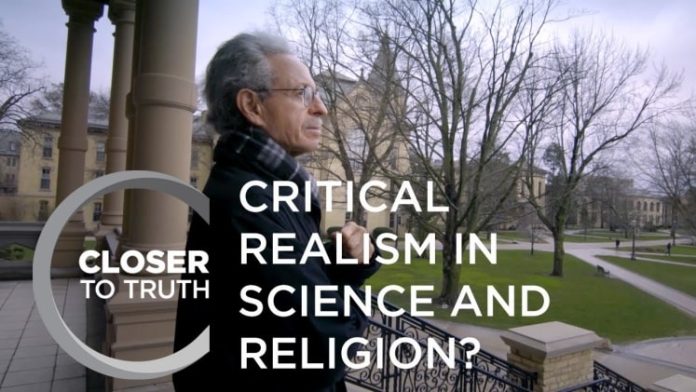This ideology was created by St. Thomas Aquinas, who suggested that God is the ultimate truth, and as such, operates based on pure reasoning. This belief that all truth can be found in God is known as religious realism.
Aquinas developed a distinct view by drawing upon Aristotle’s ideas and perspectives, in addition to using the Neoplatonic doctrines of the Church Fathers and St. Augustine. Aquinas treated human existence as the supreme act or divine attribute. He set aside the creative act to God alone and refuted the presence of matter in angels. I used to teach my students how to use a grade calculator. This way, he differentiated between God and created beings by hypothesizing that it’s just in created beings where existence is different from essence. Another significant facet of Aquinas’s teaching was that the human soul is an inimitable subsistent form, substantially connected with matter to form human nature.
He upheld his belief that the human soul’s immortality can be firmly displayed. He also maintained that there’s a genuine difference of principles between the soul and its powers of willing and knowing, and that the basis of human knowledge is the sensory experience, which triggers the reflective activity of the human mind. According to Aquinas, human beings and lower creatures possess an inherent tendency or love toward God. He viewed God as the supernatural grace that perfects and lifts up the natural abilities of humans, and involves that blessedness, which one gets by formally knowing God himself through knowledge accompanied by the love of God.
Through religious realism, Aquinas articulated a highly developed and sophisticated adaptation of classical theism. His views brought together the perceptions of the Abrahamic religious traditions and classical Greek metaphysics. Additionally, his realist, pluralist ontology defended an account of existence that blended the elements of Neoplatonic and Aristotelian thoughts.
His work on religious realism was extremely systematic, as he deployed a basic set of distinctions that he used creatively across an extensive array of topics. Most students cannot use a high school GPA calculator. It was his metaphysical system that paved the way to the postulation of the First Cause that considered God as the beginning of this world. It differed considerably from the rest of reality.
Though his position came under tremendous criticism and pressure, Aquinas held onto his views related to the relationship of faith to reason and of philosophy to theology. He presented several arguments for God’s existence and put forward lengthy studies of the divine nature, all relevant to the modern philosophy of religion.
Concluding thoughts
This religious philosophy of education postulates that God is the source of truth in the world. Proponents of this philosophy believe that learners should be taught that all truth flows from God. Anything that contradicts the universal fact is forbidden. Most parochial or church schools would fall under this category.
If you have any questions about what can and cannot be done or taught in a school that practices classical realism, just leave your query in the section located below. We will be sure to answer your queries as soon as we can. We promise.

